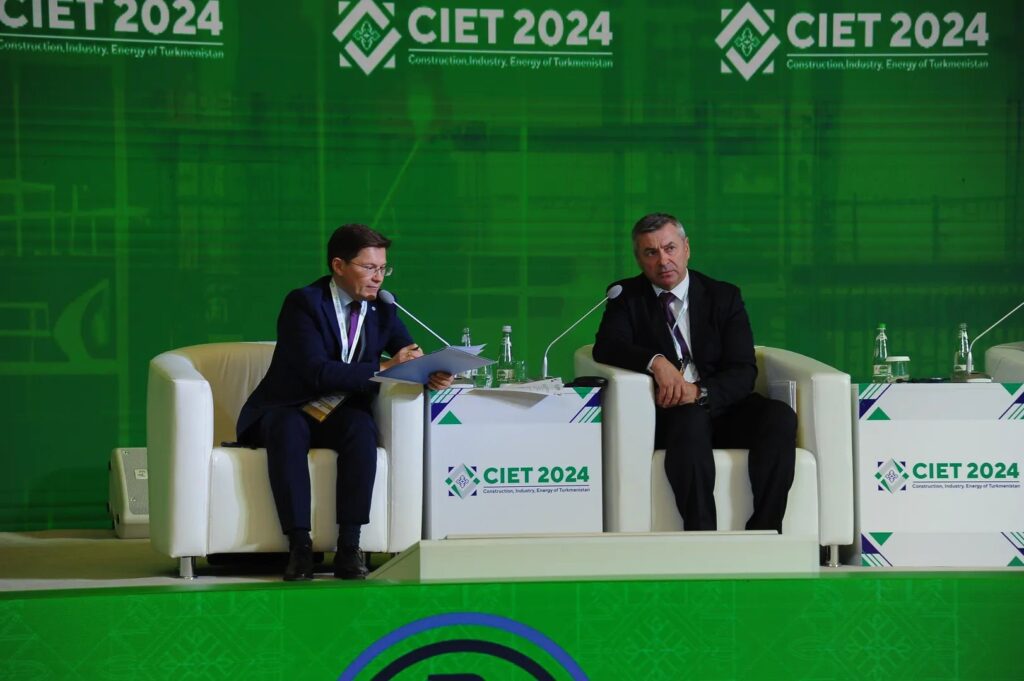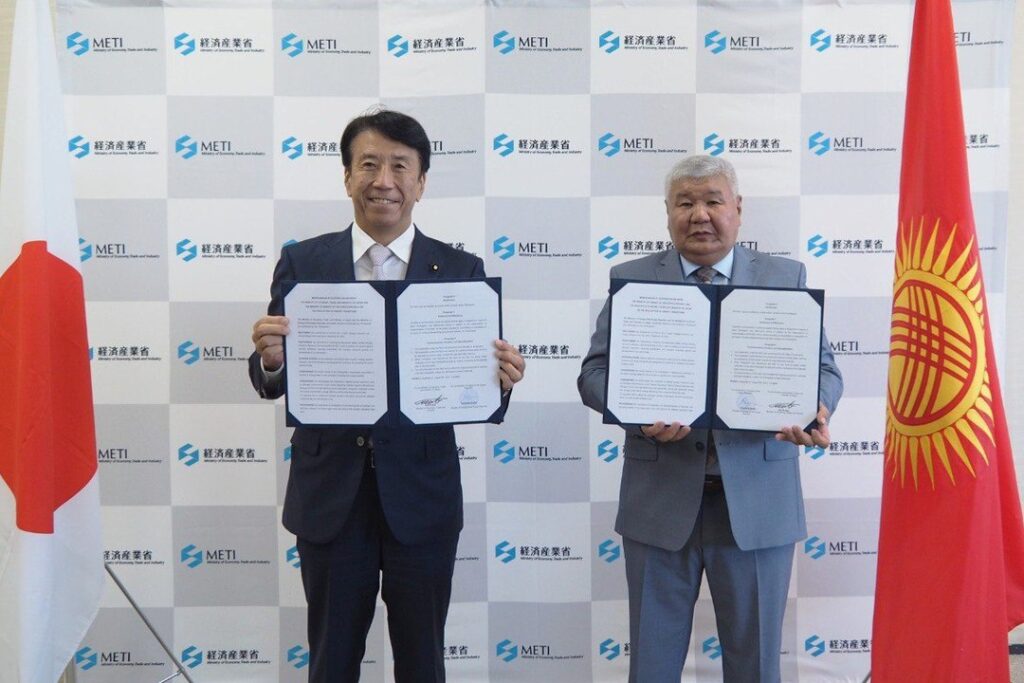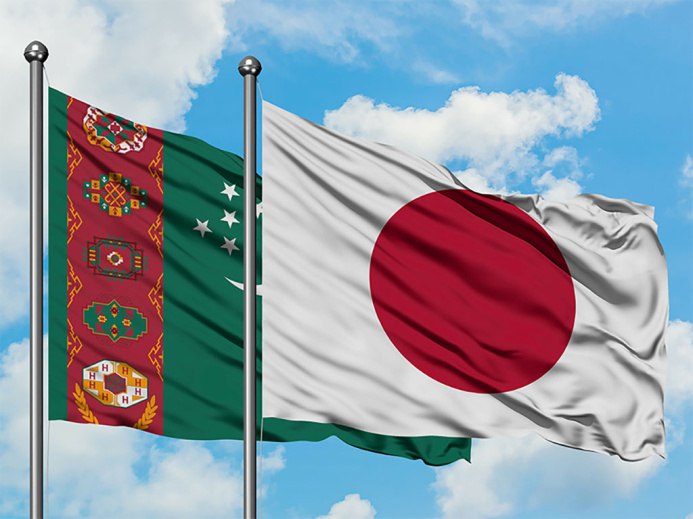Ashgabat May Have a Metro System by 2035
Vladimir Petruk, managing director of Interbudmontazh Company, told the CIET-2024 international conference that a metro system may be built in Turkmenistan's capital Ashgabat by 2035. Petruk said that specialists from the Japanese company Sumitomo, the Japanese Subway Association, and the German consulting group K2 have studied Ashgabat's geological and seismic conditions. The study's results confirmed the possibility of building the subway using reinforced concrete structures. The Ashgabat metro plan calls for an environmentally friendly transportation solution. In the future, it could connect the capital with the “smart city” Arkadag and the settlements of Geokdepe and Anau. According to forecasts, construction could be completed by 2035. “Given the growing wealth and the increasing number of cars, the metro will become essential to solve the city's transportation problems,” Petruk emphasized, noting the successful experience of operating metros in seismically active regions. Consultations with the Ministry of Construction and Architecture of Turkmenistan are ongoing, and the UN mission plans to cooperate with the country to support the urban infrastructure development program. Turkmenistan currently does not have a metro. The idea of building a metro in Ashgabat has been discussed since 2008 when the city mayor's office attracted companies from St. Petersburg to the project. In 2014, then-President Gurbanguly Berdymuhamedov instructed the Ukrainian construction association Interbudmontazh to consider the possibility of realizing this project. In 2020, the company presented the Ashgabat metro construction project developed jointly with Sumitomo and K2. However, specific dates for the start of construction and commissioning of the metro in Ashgabat have not yet been announced.






